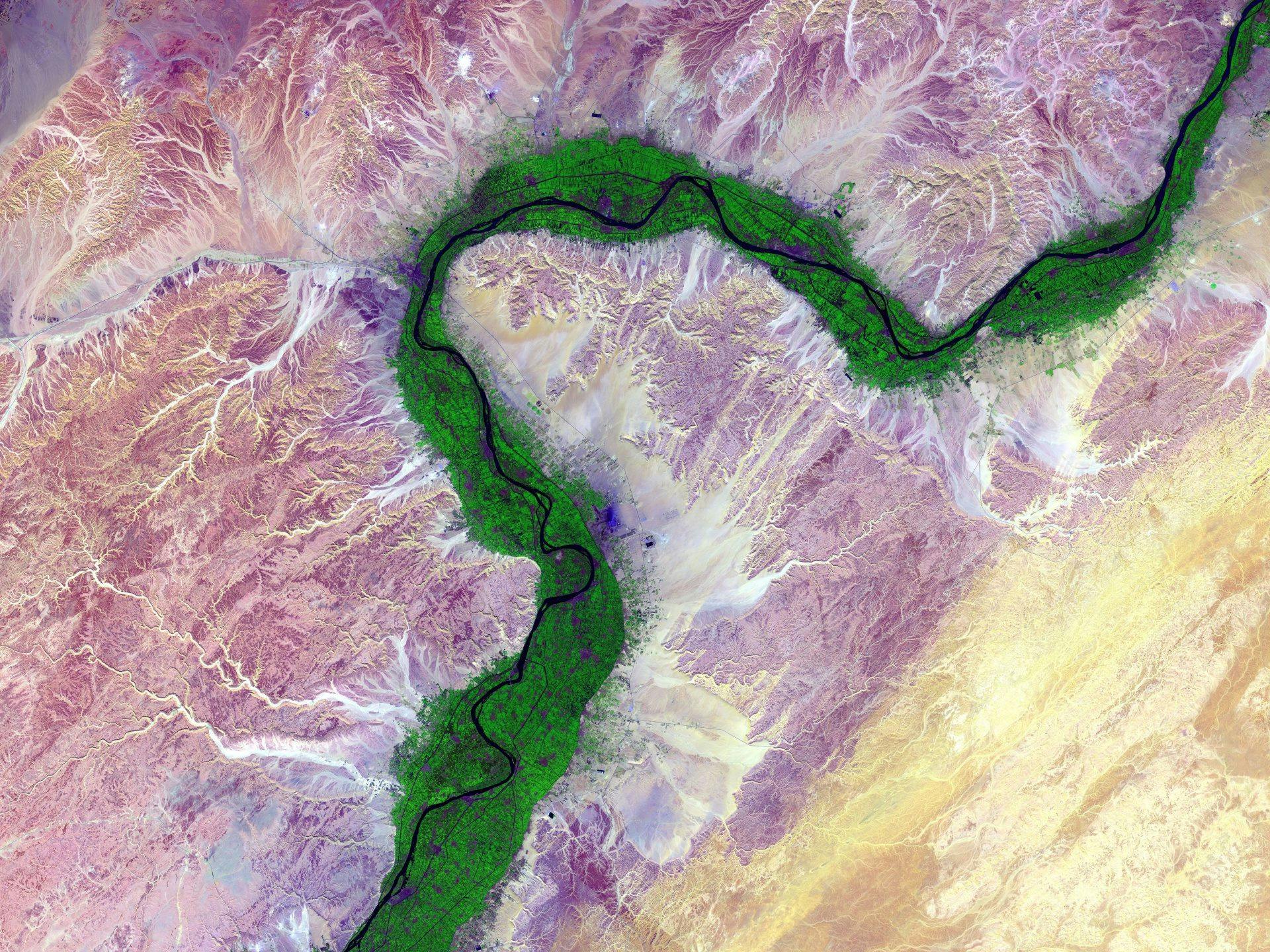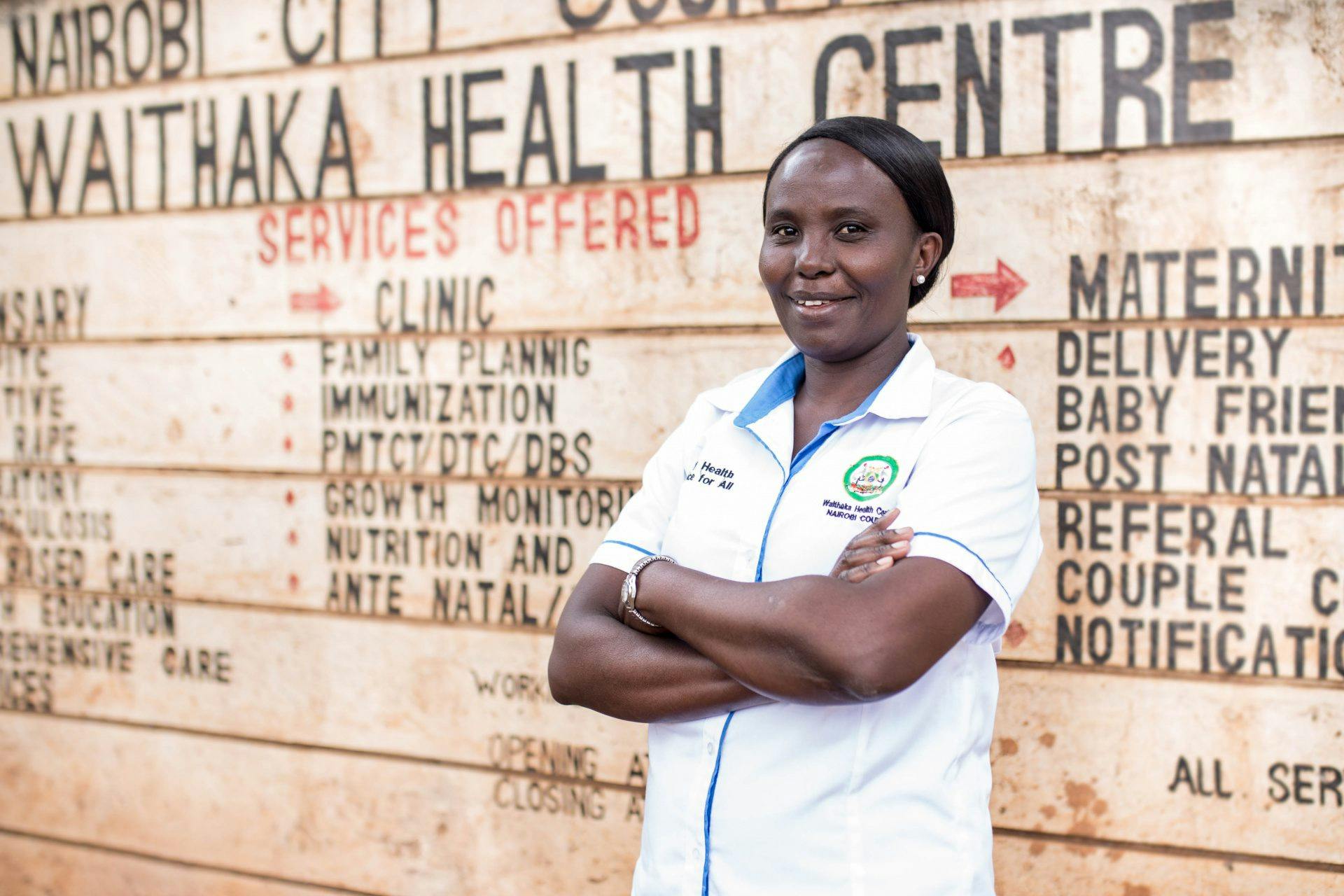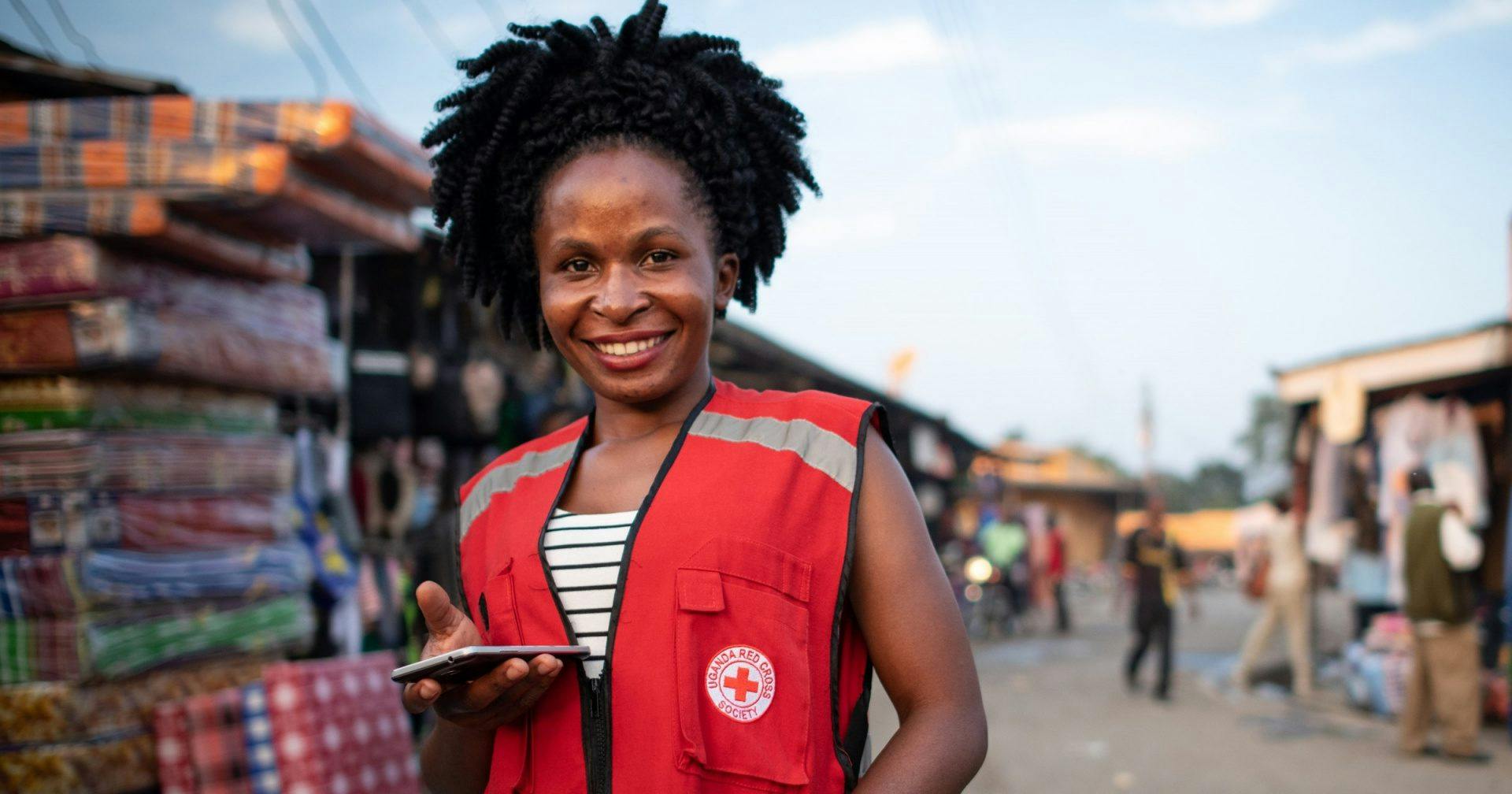About 510 | an initiative of the Netherlands Red Cross
510 is the data and digital initiative of the Netherlands Red Cross. Their purpose is to improve the speed, quality, and cost-effectiveness of humanitarian aid by using data and digital products. By converting data into understanding, they support the Red Cross Red Crescent network and other organizations to better prepare for and cope with disasters and crises. As such, 510 supports the International Federation of the Red Cross and Red Crescent (IFRC) and its many National Societies around the world whose aid workers and decision-makers help people affected before, during, and after a disaster or crisis.
Empowered by data
With 191 National Societies and more than 16 million volunteers worldwide, the IFRC has extensive data and digital capabilities. This yields a huge potential, as data analytics and digital technology can improve humanitarian service delivery by National Societies in terms of relevance, speed, quality, reach, accessibility, resilience, and sustainability. In 2021, the IFRC adopted a Digital Transformation strategy to further leverage the advancements of data analytics and modern technology within its network.
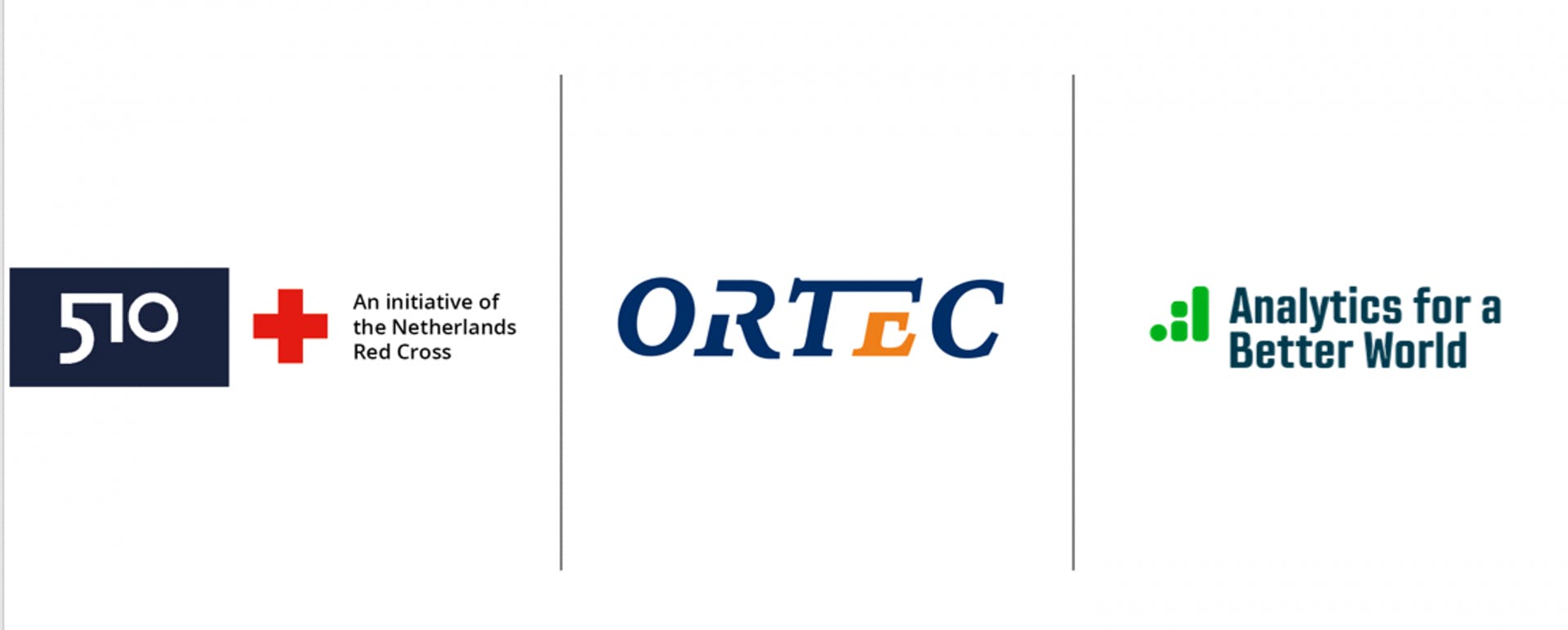
510’s journey to data maturity
In realizing the IFRC Digital Transformation Strategy, 510 strives to make National Societies more data-driven, also called more “data mature”. While some National Societies are already advancing their use of data analytics and modern technology in their humanitarian services, most of them are at the very beginning of their Digital Transformation journey.
🎯 The ultimate goal
Each National Society has different capacities to adopt data analytics and modern technology in their humanitarian services. Some have full-fletched IT departments which are able to develop software in-house, while other National Societies have to rely on a single volunteer for everything IT-related. A one-size-fits-all approach to digital transformation would not fit. To address this challenge, the IFRC sought a model that could help National Societies understand and assess the various requirements to advance in their data maturity while maintaining a shared vocabulary and vision for digital transformation.To find out how data-mature the different National Societies are and to discover their desired state of maturity, ORTEC, 510, Analytics for a Better World, and Amref jointly developed the groundwork for an analytical model which was later adopted as a core approach in the IFRC’s digital transformation strategy.
Robert Monné, Managing Director at Analytics for a Better World explains: “The model is a visual representation on current scores of data maturity against different domains, and helps National Societies define which steps to take to reach their ideal ‘to-be’ state. Altogether, it results in a standardized and self-service approach to be used by all National Societies.” So far, the Data Maturity Model has been used by over 45 National Societies globally, showcasing its widespread impact.
<a id="_msocom_1" name="_msocom_1"></a>
“It is interesting to see National Societies across the globe adapt the digital maturity model to their humanitarian context. Although organizational change may require years to be implemented fully, today the model helps National Societies identify potential areas to invest their efforts and resources for steady progress towards their digital goals.”
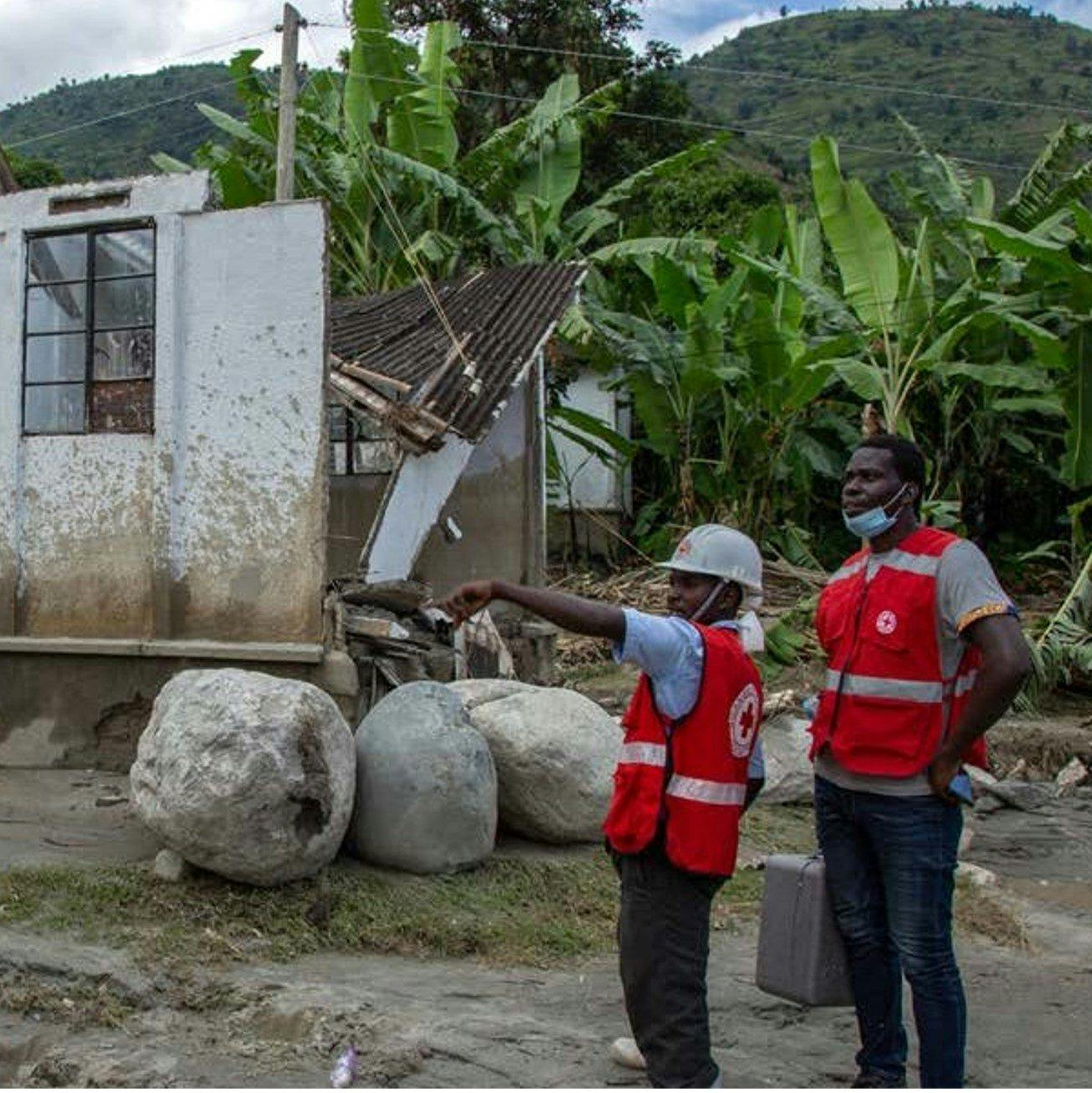

Liselot Kattemölle, Digital Transformation Advisor at 510
""As a result of digitizing and improving our data flow, the IFRC has experienced increased operational efficiency and reduced costs, which ultimately aids its mission to save lives and alleviate suffering during humanitarian crises.""
Growing in data maturity = better humanitarian aid
Becoming more data-mature helps National Societies digitize their disaster response, such as cash distribution, inventory management, and data collection. Liselot Kattemölle illustrates this by sharing an example: “When there is a disaster, cash and relief supplies are often provided, which naturally involves a lot of data administration. We need to know and keep track of data such as: who is vulnerable, what kind of support do they need, who has already received help, et cetera. It requires enormous data administration and information management efforts. By digitizing this and improving our data flow, we can improve the humanitarian aid we provide.”
She continues: “By improving these processes, National Societies can deliver aid more efficiently, effectively, and at a reduced cost. Furthermore, digitizing back-office systems like volunteer management databases enables better resource allocation and planning.” As a result, the IFRC has experienced increased operational efficiency and reduced costs, which ultimately aids its mission to save lives and alleviate suffering during humanitarian crises.
Some real-life examples
Prevent. Reduce. Prepare.
Every year, nearly 200 million people worldwide are affected by disasters such as earthquakes, hurricanes, and floods. (Source: IFRC) Thanks to data, an increasing number of natural hazards can be predicted, enabling people to safely evacuate in time. This is called ‘Impact Based Forecasting.’ Through this method, data can make an enormous difference in the impact of disasters on the lives of many. If the impact of a disaster can be predicted, funding and humanitarian aid can be provided in advance (instead of only after) to the people most in need. Releasing funds to vulnerable communities and individuals ahead of potentially devastating weather or climate events enables anticipatory actions that save lives, livelihoods, and property. Read more on this in our earlier published insight here.
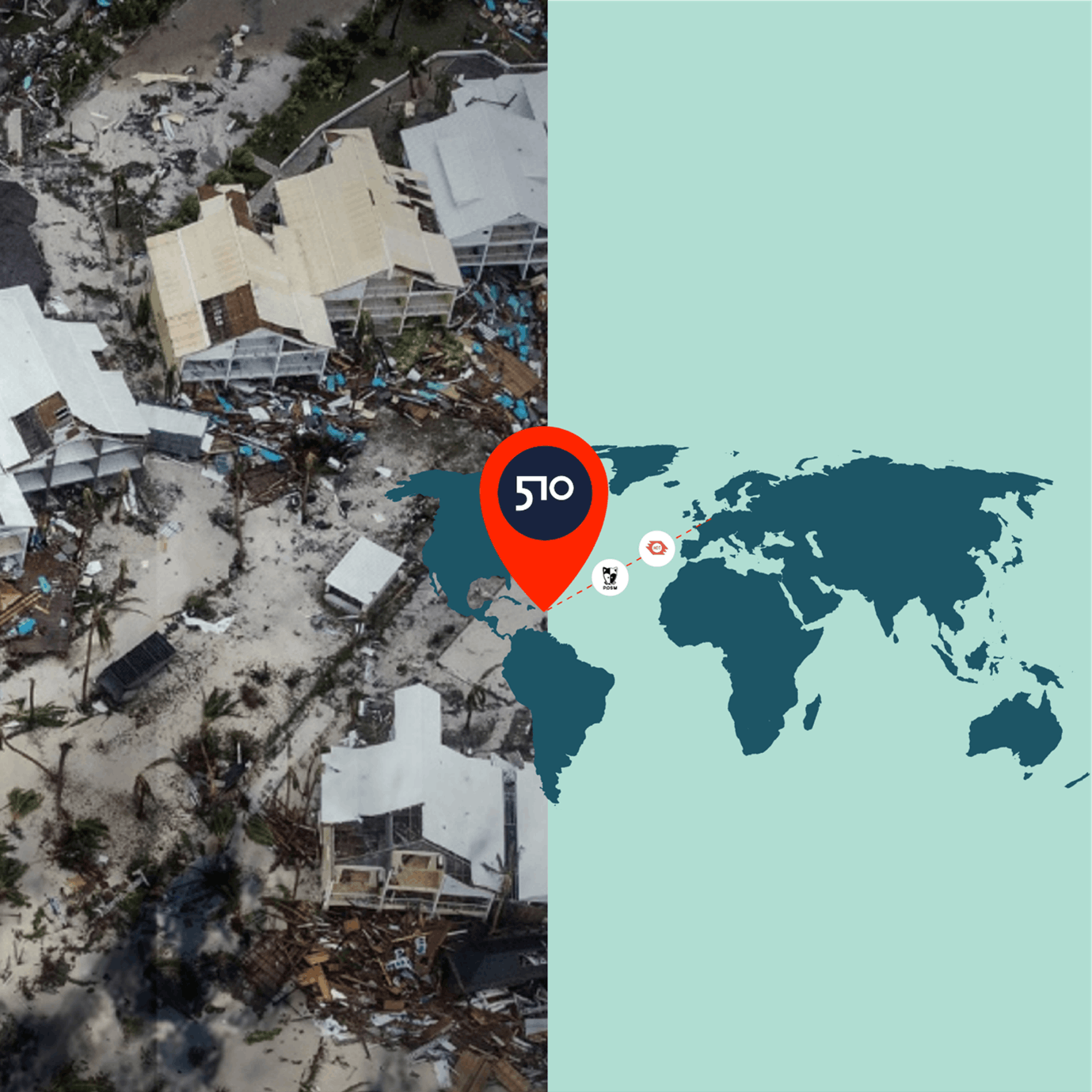
The need for data and digital literacy
To reach the next level of data maturity, the roadmap suggests further building data and digital literacy skills. To this end, ORTEC and Analytics for a Better World developed and offered a data & digital curriculum. Trainings span a range of subjects, from data visualization and business intelligence to Python programming and machine learning. By embracing practical application and interaction, participants are empowered to integrate newly found knowledge into their day-to-day tasks, fostering a data-driven mindset. The trainings are customized by a series of capability assessments and curriculum co-design workshops which result in a course tailored to the level and role of the participants.
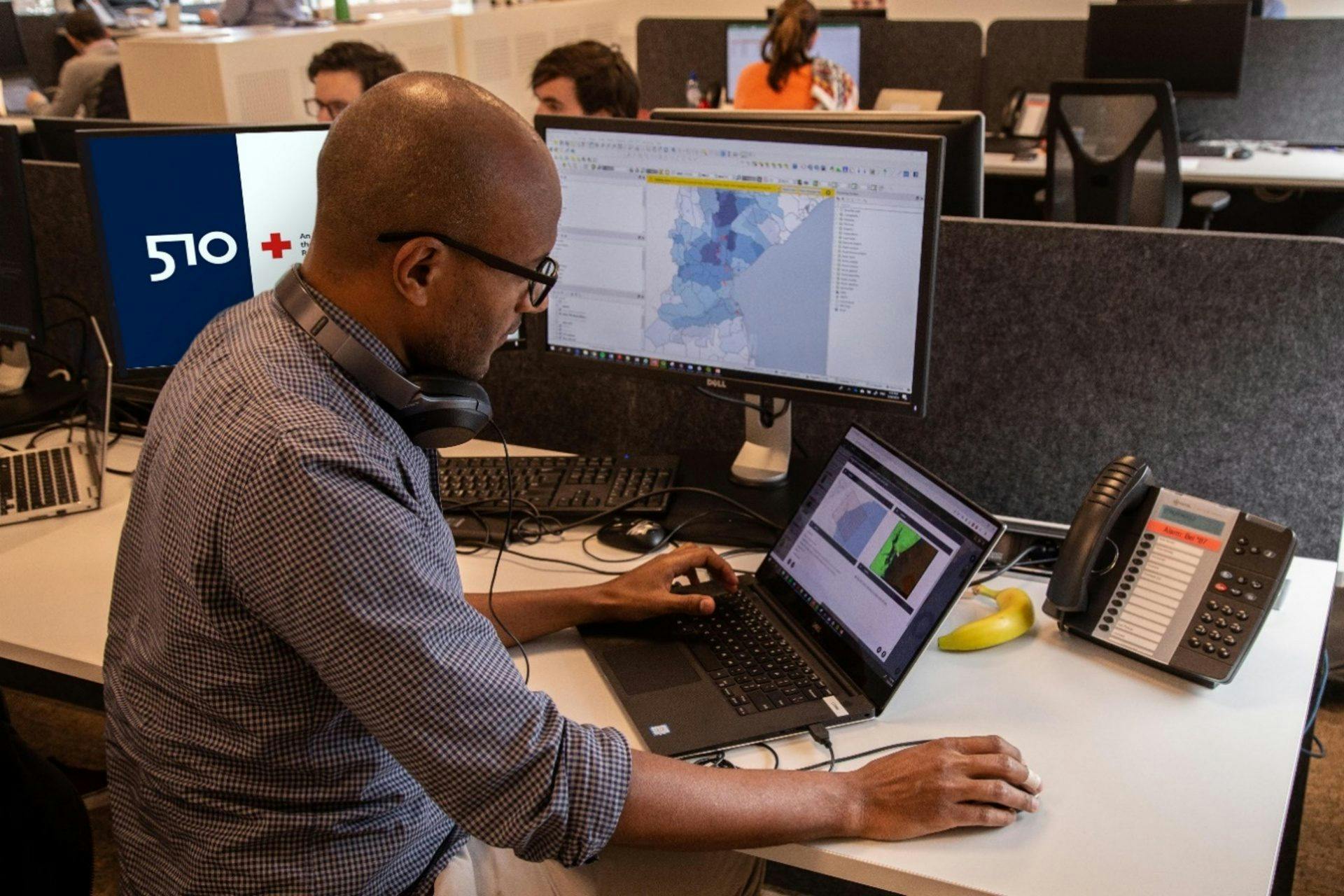
Better data architecture and cost optimization
Additionally, 510 was looking to develop a future-proof data architecture by identifying ways to efficiently manage data, reuse them to increase impact, improve data governance, and transfer models and data sources to National Red Cross and Red Crescent Societies. Thanks to their products and services, data can be reused by other teams more easily as all data is now stored in a central place, also reducing costs for data storage by 60%.
📷 All photos in this article are from IFRC/510
